The significance of reliability in batteries cannot be overstated, especially in environments where consistent performance and durability are paramount. This comprehensive guide delves into the complexities of selecting a reliable 100Ah battery, a popular choice for a broad range of applications due to its substantial energy storage capacity and adaptability.
Importance of Reliability in Batteries
Reliability in batteries is a fundamental requirement across numerous sectors, including renewable energy systems, automotive applications, and critical backup power systems. A reliable battery not only ensures operational safety and efficiency but also enhances the cost-effectiveness of the system by minimizing the frequency of replacements and the associated downtime for maintenance.
Overview of Battery Types and the Focus on 100Ah Batteries
The world of batteries is diverse, with options ranging from small cells used in portable electronics to large batteries designed for energy storage and backup power. The 100Ah battery is particularly notable for its ideal balance between ample capacity and practical size, making it a preferred choice for use in recreational vehicles, solar energy storage, and marine applications, where a reliable and prolonged power supply is necessary.
Understanding 100Ah Batteries
What is a 100-Ah Battery?
A 100Ah battery refers to a battery with a storage capacity of 100 ampere-hours, meaning it can supply 100 amperes of current over one hour before depletion. These batteries are designed to meet the needs of heavy-duty applications, featuring various voltage specifications, robust energy densities, and different physical sizes to accommodate a range of systems.
The versatility of the reliable 100Ah battery makes it suitable for a wide array of applications, including but not limited to off-grid power systems, emergency backup power, and electric vehicles. Its ability to provide sustained power makes it indispensable in situations where energy reliability is crucial for the continuous operation of critical systems.
Types of 100-Ah Batteries
AGM vs. Lithium vs. Lead-Acid
- AGM (Absorbent Glass Mat): These batteries are celebrated for their maintenance-free operation and superior performance in stationary applications and environments with low temperatures. They are less prone to leakage and can withstand being idle for longer periods without losing charge.
- Lithium: Lithium batteries represent the cutting-edge in battery technology, offering significant advantages over traditional batteries, including a longer lifespan and lower overall weight, which makes them particularly suited for mobile applications and high-energy demand situations.
- Lead-Acid: While being the most economical choice, lead-acid batteries require regular maintenance and are heavier, which can be a drawback for dynamic applications.
Pros and Cons of Each Type
Each battery type comes with its own set of strengths and weaknesses. AGM batteries offer excellent safety and are easier to maintain, making them a reliable choice for static environments. Lithium batteries, although more costly upfront, provide long-term savings and enhanced performance, making them a worthwhile investment for demanding applications. Lead-acid batteries, while affordable, incur higher long-term costs due to their need for frequent maintenance and shorter lifespan.

Key Features of a Reliable 100Ah Battery
Capacity and Performance
High-capacity batteries, such as the 100Ah type, are designed not just to hold a large amount of energy but to do so efficiently over many charge and discharge cycles. This ability is vital for applications that rely on a consistent and reliable power supply over extended periods, such as in solar power installations or during long trips in an RV.
The performance of a battery can be quantified through several key metrics including its cycle life, charge rate, and how effectively it discharges its stored power. Reliable and precise testing methods, such as performing continuous load tests and measuring the efficiency of the battery under varying conditions, are essential to ensuring the battery will perform as expected in real-world applications.
Durability and Lifespan
Factors Influencing Battery Life
The lifespan of a battery is influenced by several factors, including the ambient temperature, the depth of discharge during use, and the charging practices employed. Proper maintenance and usage tailored to the specific type of battery can significantly extend the lifespan, thereby enhancing the reliability and value offered by the battery.
How to Identify a Long-Lasting Battery
Identifying a battery that will last a long time involves looking for one that is built to withstand the rigors of its intended use. Features to look for include robust construction, protection mechanisms against overcharging and deep discharge, and a demonstrated ability to handle frequent charge-discharge cycles without significant degradation.
Selecting a Trustworthy 100-Ah Battery
What to Look for in a Reliable Battery
When selecting a dependable deep-cycle battery, it is crucial to consider features such as stable voltage output, consistent performance across a range of temperatures and conditions, and robust resistance to physical and environmental stresses.
Certifications from recognized standards organizations, such as UL (Underwriters Laboratories) and CE (Conformité Européenne), are indicators of a battery's compliance with rigorous safety and quality standards. These certifications ensure that the battery has passed stringent tests related to safety and performance, providing reassurance of its reliability and safety in operation.
Top-Rated 100Ah Batteries
Overview of Market Leaders
LANPWR is distinguished in the market for its reliable 100Ah batteries, which are engineered using advanced technology to meet the highest standards of quality and performance. The company's dedication to innovation and quality makes its batteries some of the most sought-after in the industry.
Case Studies of Top Performing Models
Detailed case studies of LANPWR's 100Ah batteries illustrate their effectiveness and reliability in a variety of challenging applications. From providing dependable power in remote solar installations to powering marine vehicles, LANPWR batteries demonstrate their capability to perform reliably under demanding conditions, solidifying their status as a top choice in the market.
Special Considerations for Different Applications
Off-Grid Systems
For those relying on off-grid systems, choosing the right battery is critical for ensuring a stable and reliable energy supply. Considerations include the total energy needs of the household, potential future energy needs, and the compatibility of the battery with renewable energy sources such as solar panels.
For off-grid applications, choosing a maintenance-free battery can significantly reduce the burden of regular upkeep. Some modern batteries are designed to require much less maintenance while still providing reliable power for extended periods, making them ideal for remote locations.
Marine and Recreational Use
Marine and recreational applications require batteries that are not only powerful but also robust enough to withstand harsh conditions. Batteries used in these settings must be equipped with waterproof casings and be built to resist vibrations to ensure safety and functionality in dynamic environments.
LANPWR batteries are specifically designed to meet the rigorous demands of marine environments, offering enhanced durability and long-lasting performance. Their superior construction and reliability make them an excellent choice for both recreational boaters and professional mariners.

Cost and Value Analysis
Pricing of 100-Ah Batteries
Understanding the Cost Factors
The price of 100Ah batteries can vary significantly based on factors such as the type of technology used, the additional features they may include, and the brand. Batteries with advanced management systems and those made with more expensive materials typically cost more, but they also offer better performance and longer lifespans.
Budgeting for Quality
Investing in a high-quality battery might involve a higher initial cost but can lead to significant savings over time. High-quality batteries like those from LANPWR often require fewer frequent replacements and maintenance, reducing the total cost of ownership and providing better value in the long run.
Warranty and Support
A comprehensive warranty is a testament to a manufacturer's confidence in their product. It not only provides peace of mind but also assurance of support in the event of defects or performance issues. A good warranty is particularly important when investing in high-cost items like lithium batteries, as it protects the buyer from expensive repair or replacement costs.
Strong customer support is crucial for ensuring a positive user experience. This support should include help with installation, quick response times for troubleshooting, and an accessible service for warranty claims. Effective customer support enhances the overall value of the battery purchase, ensuring that users receive assistance when needed and derive maximum benefit from their investment.
In conclusion, choosing a reliable 100Ah battery requires careful consideration of the battery's type, capacity, performance, and the reputation of the manufacturer. LANPWR stands out as a leader in the field, offering batteries that are not only technologically advanced but also consistently reliable across a range of demanding applications. By following the guidance provided in this blog, consumers can make informed decisions that ensure they select a battery that meets their needs and offers the best possible return on investment.

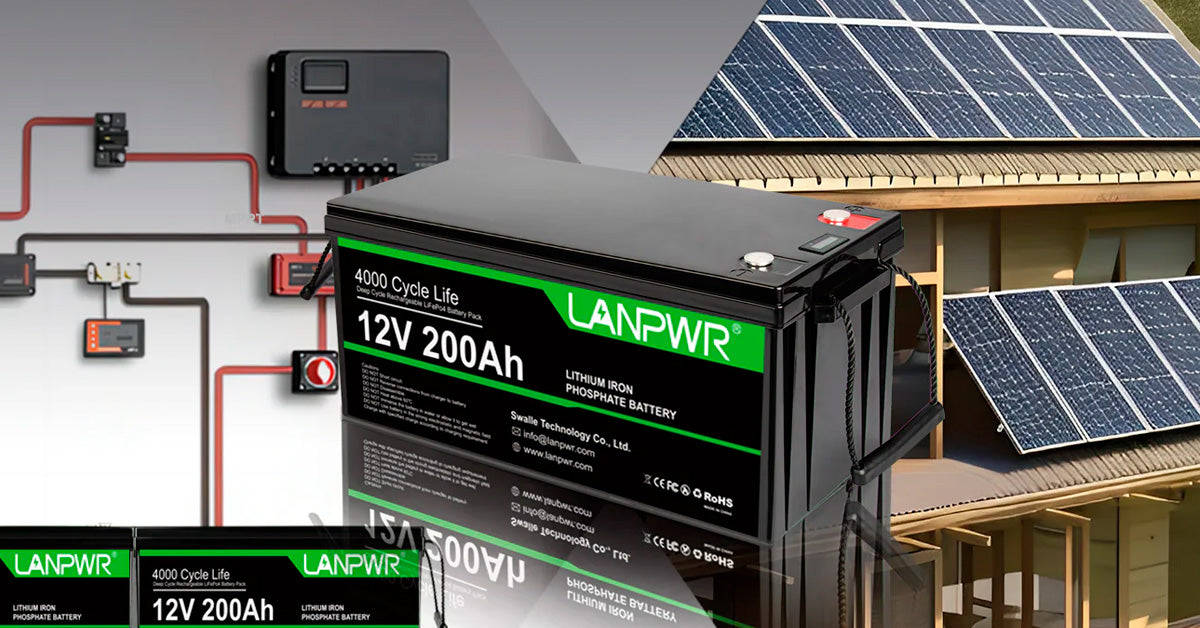

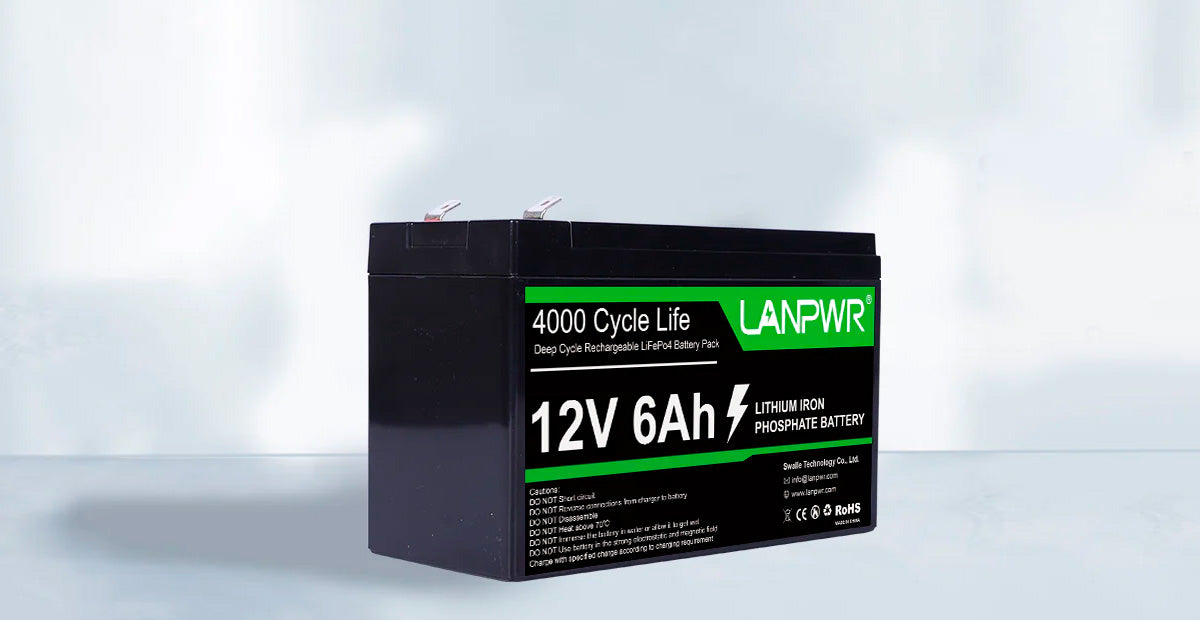
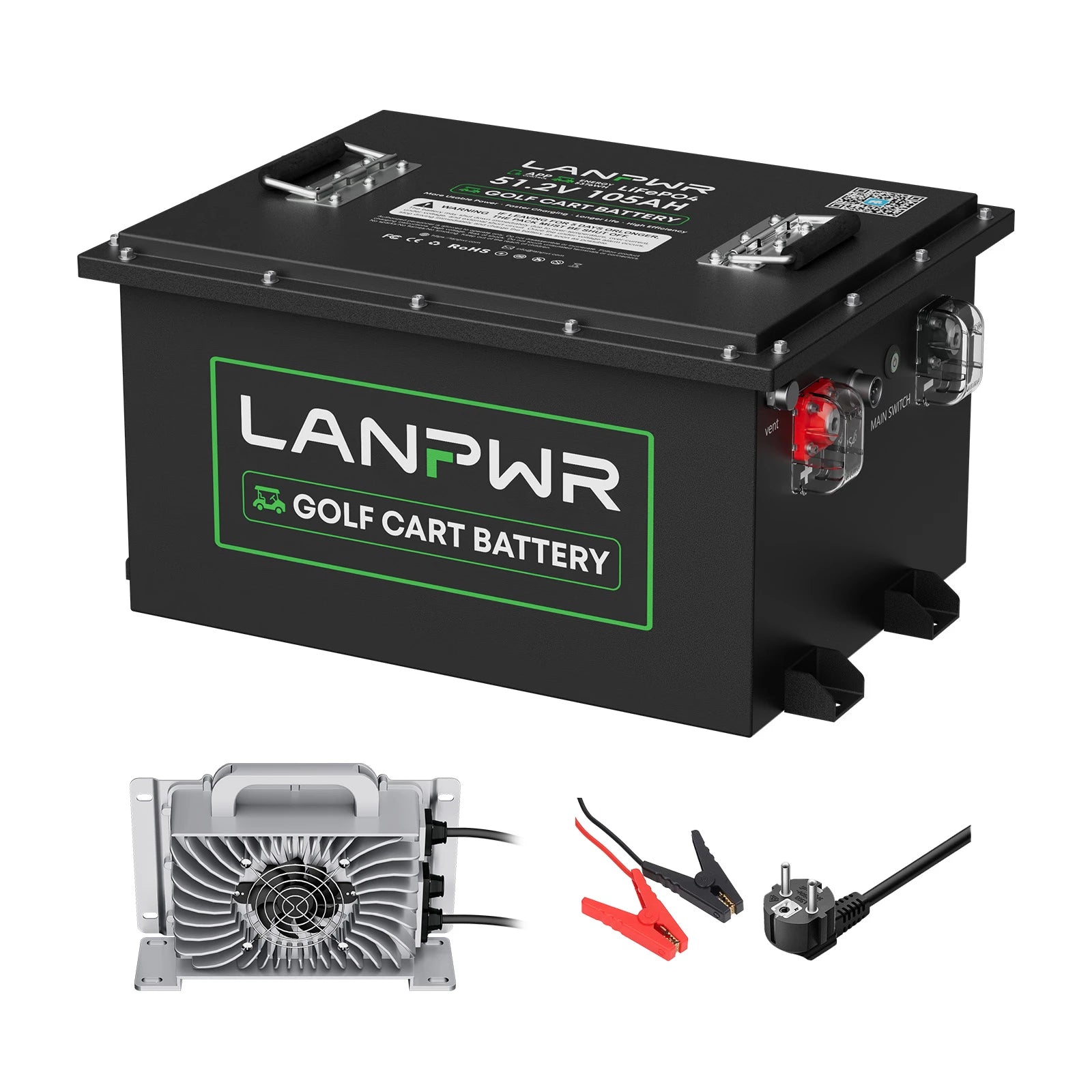
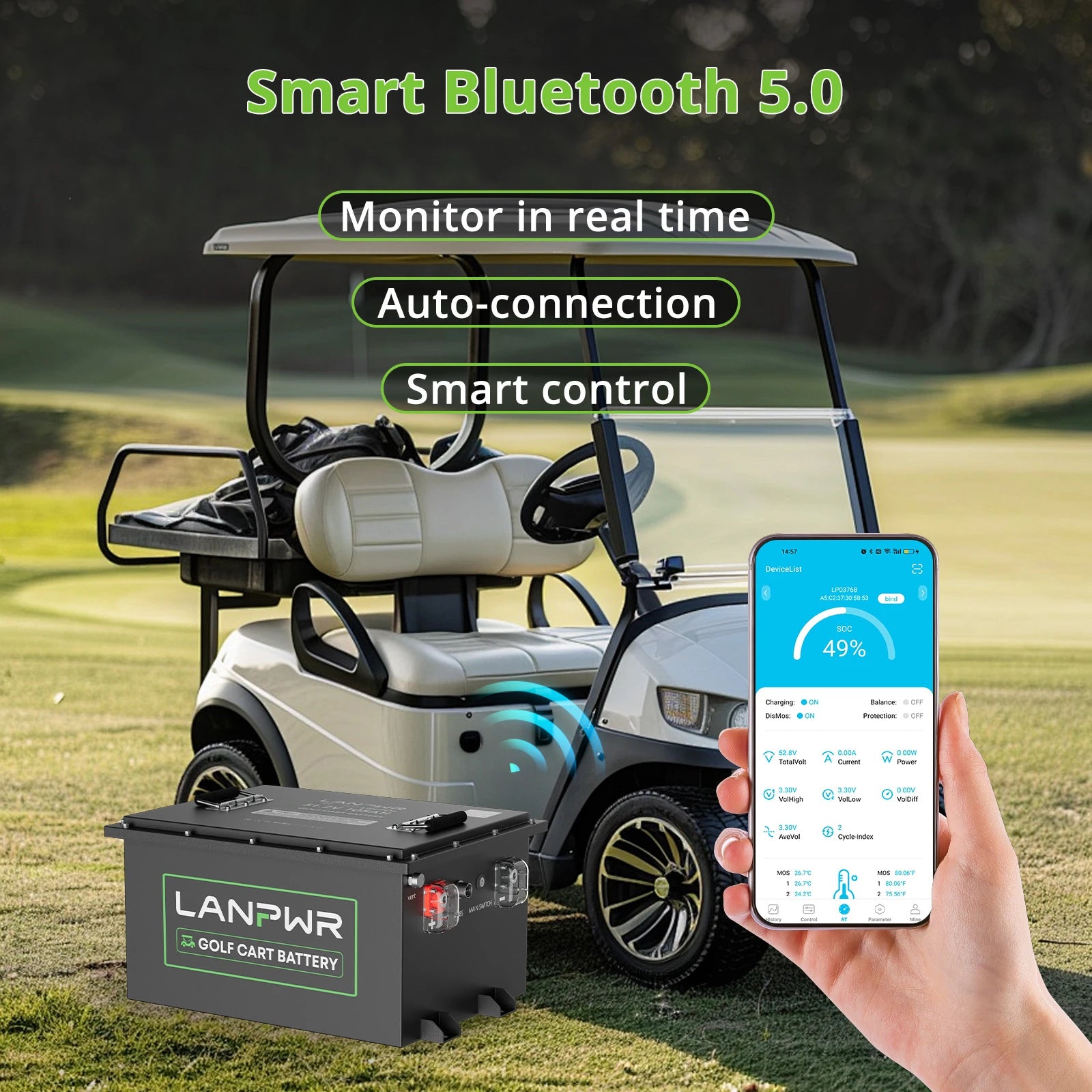
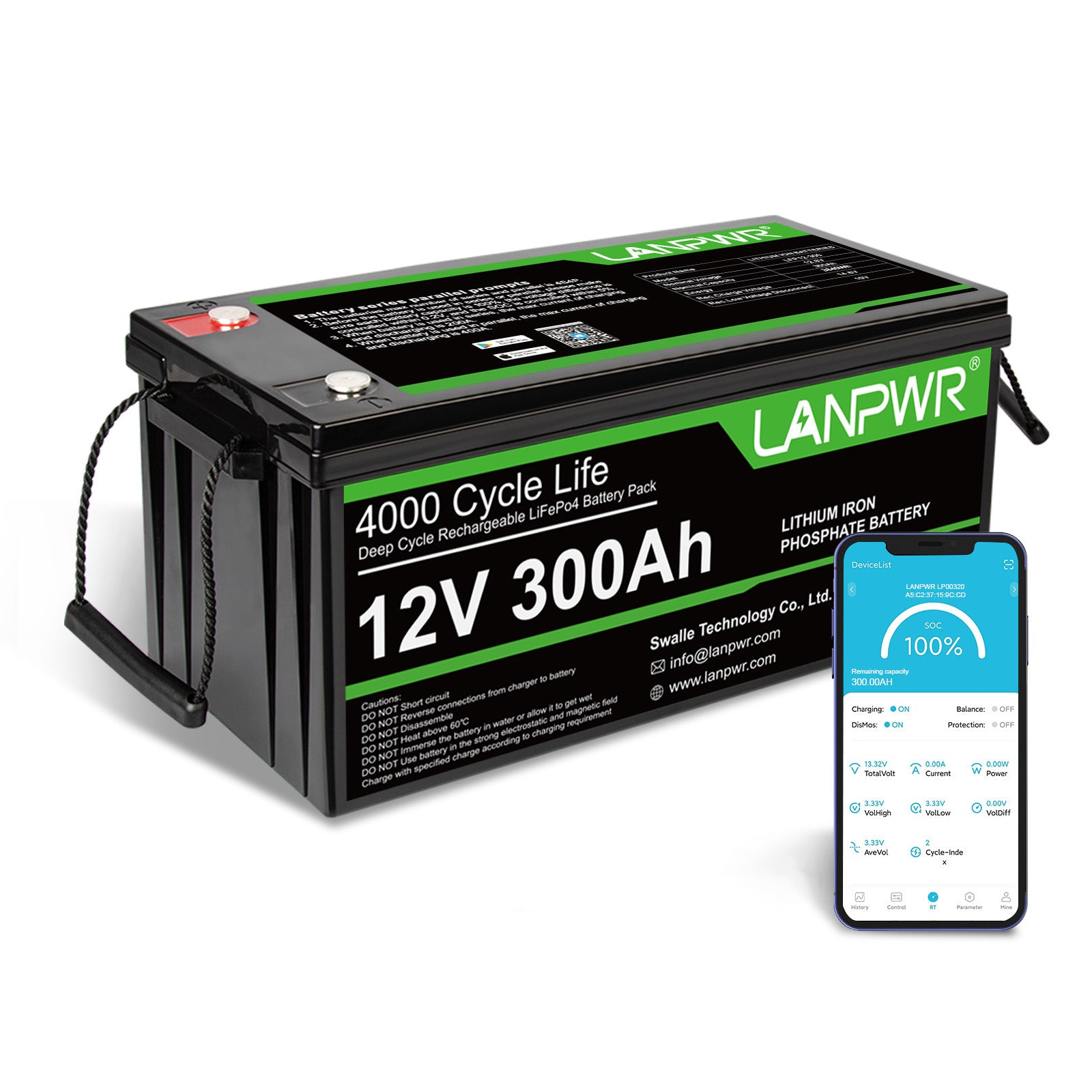
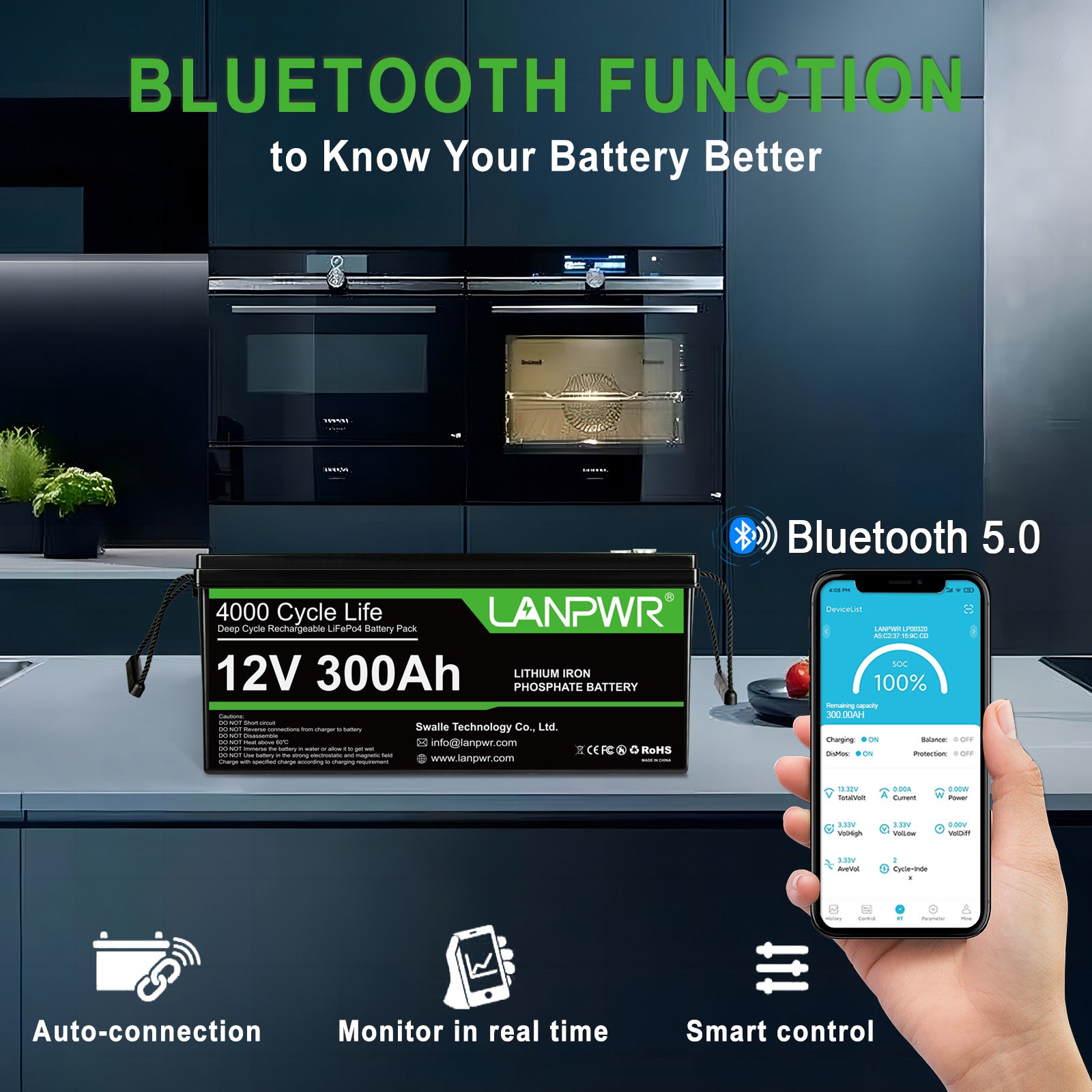
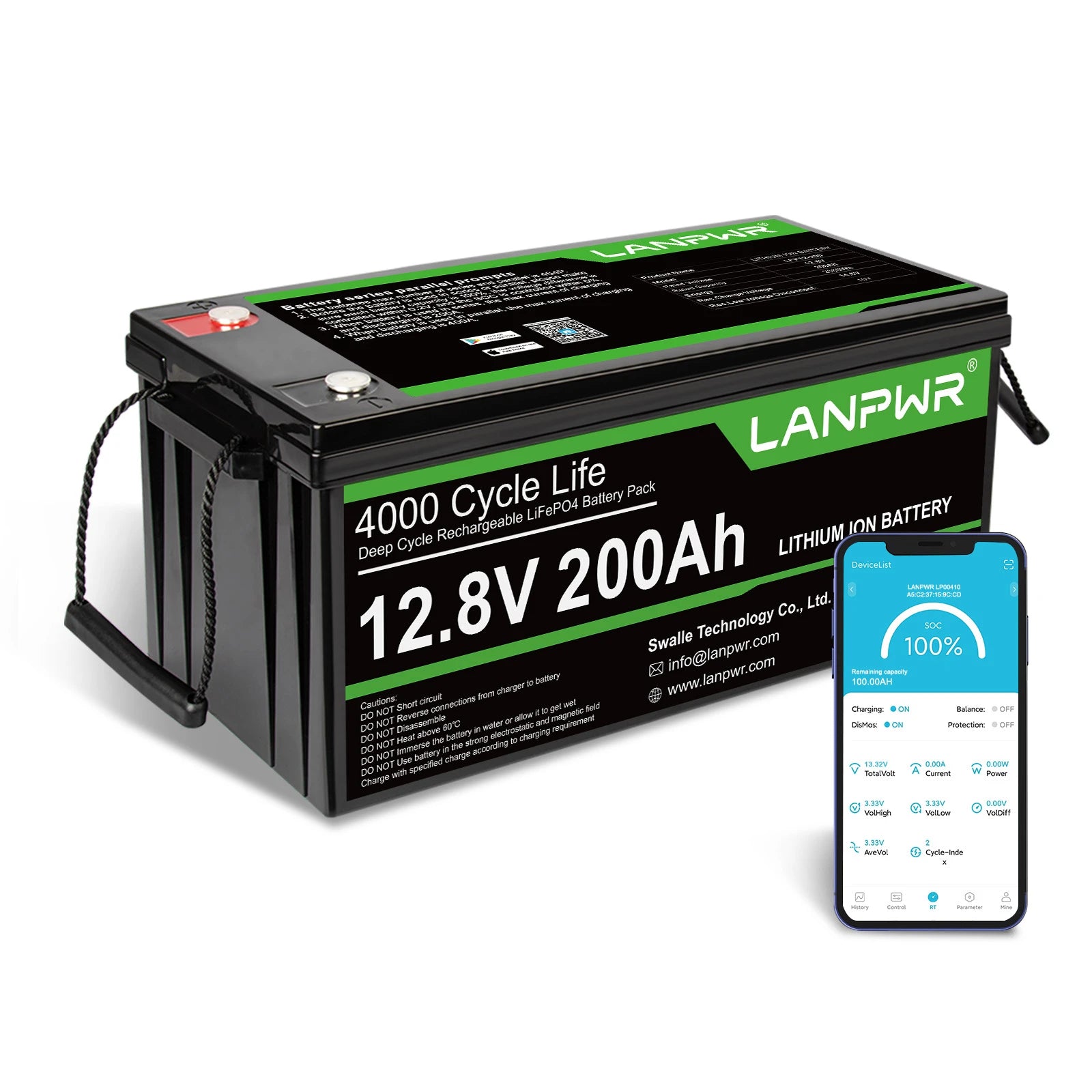
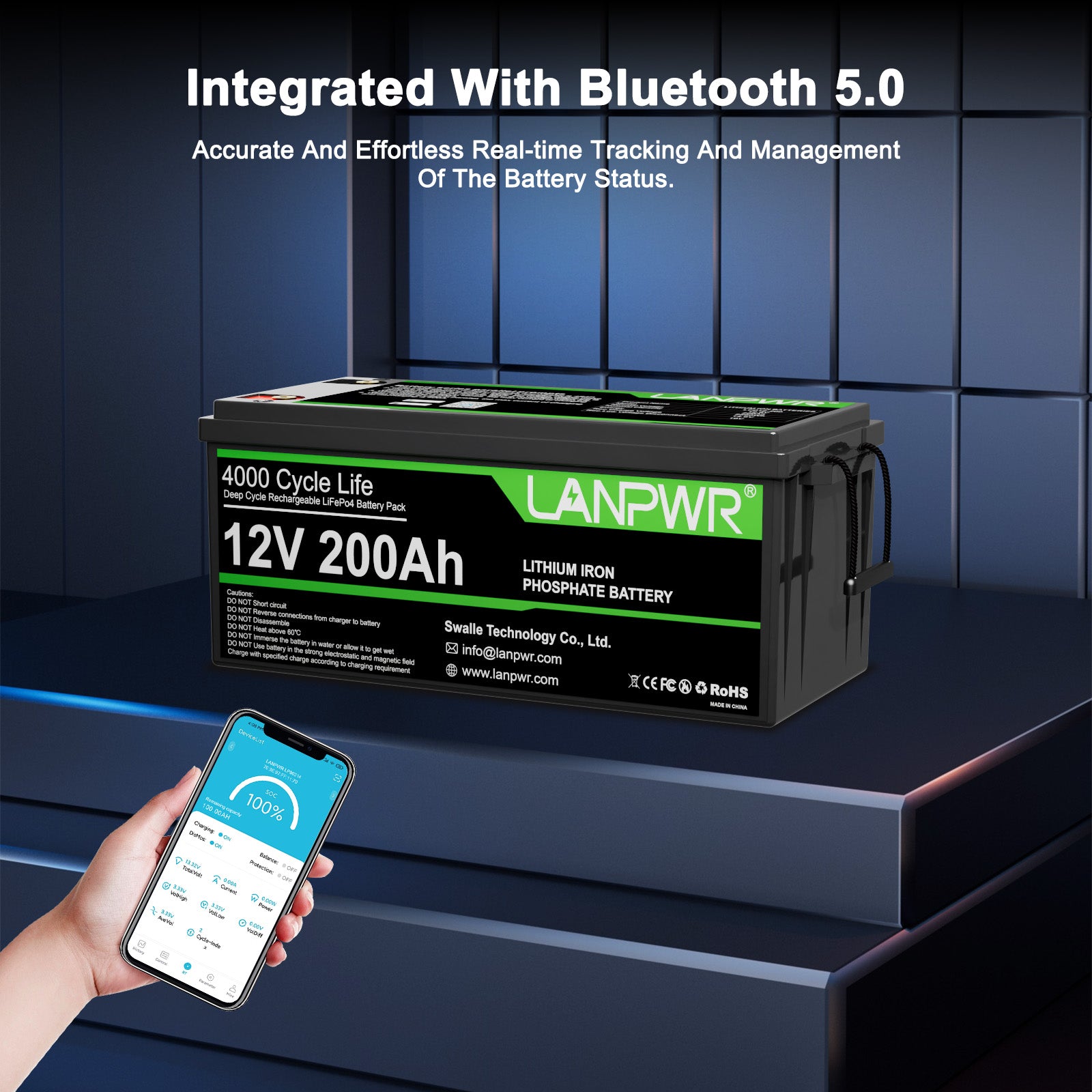
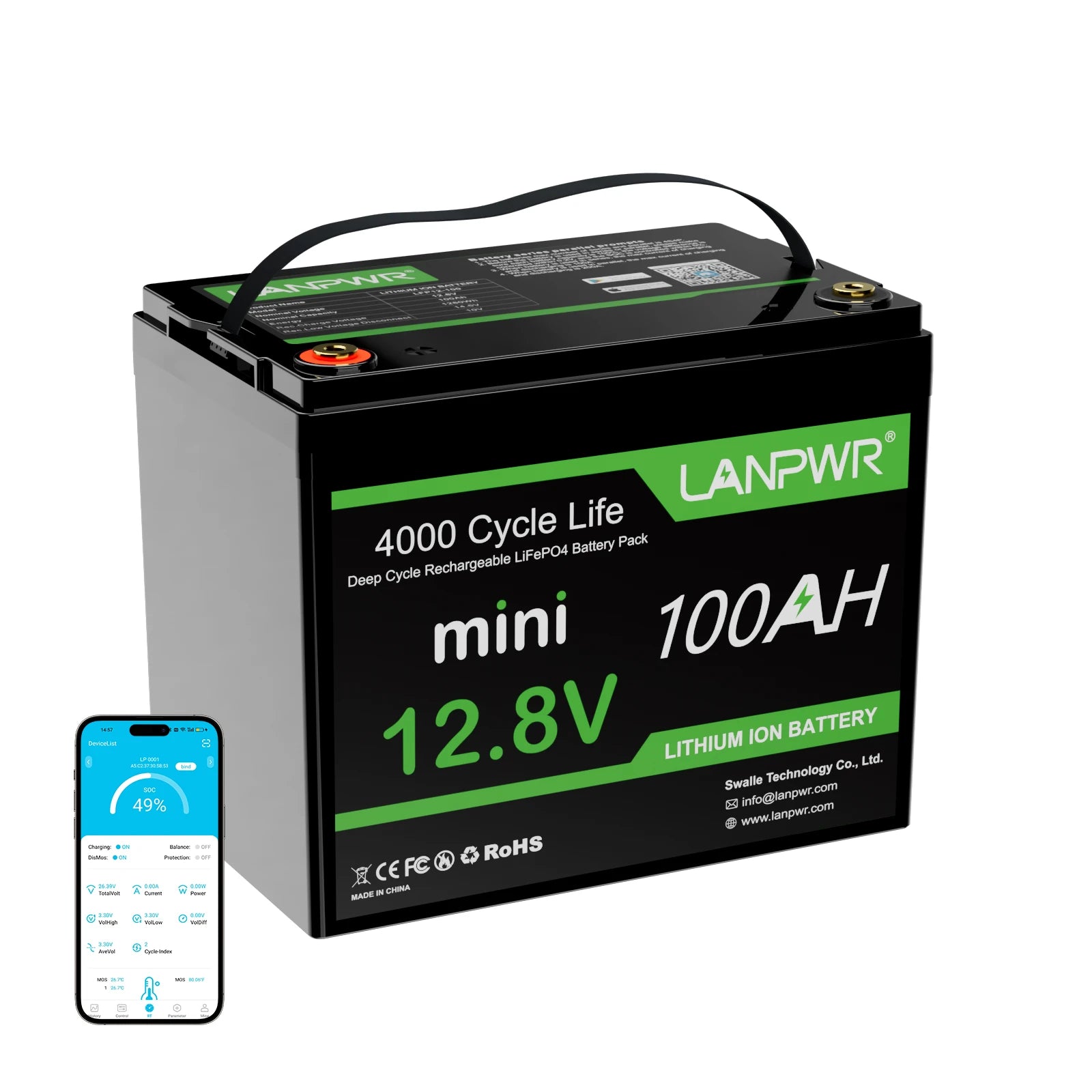

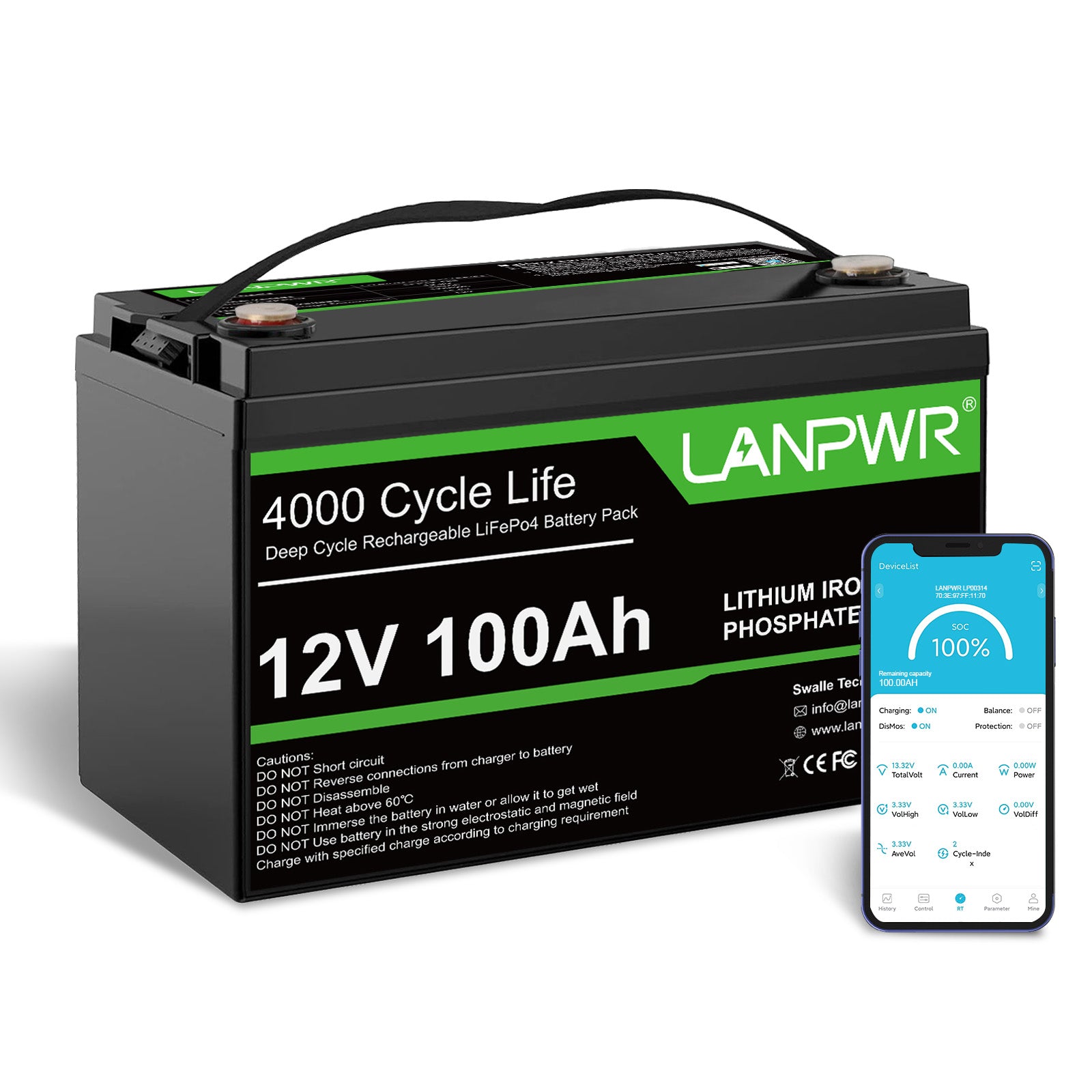
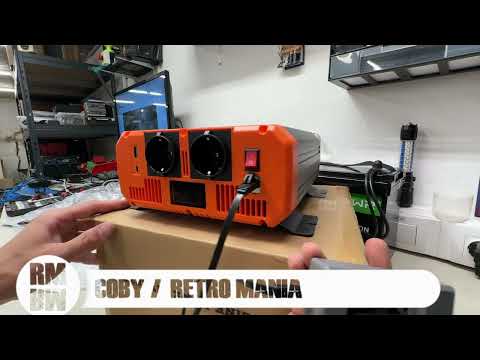
Leave a comment
This site is protected by hCaptcha and the hCaptcha Privacy Policy and Terms of Service apply.